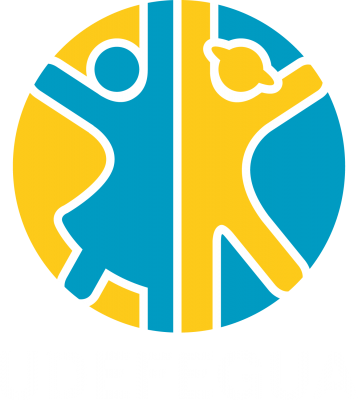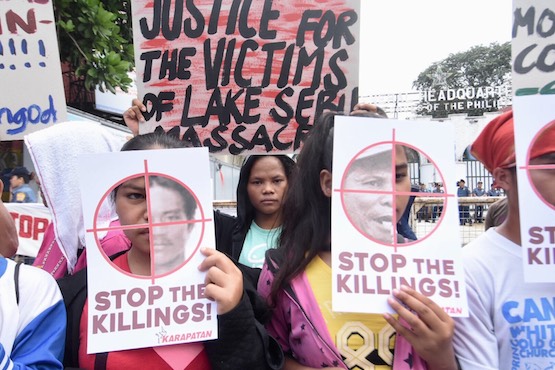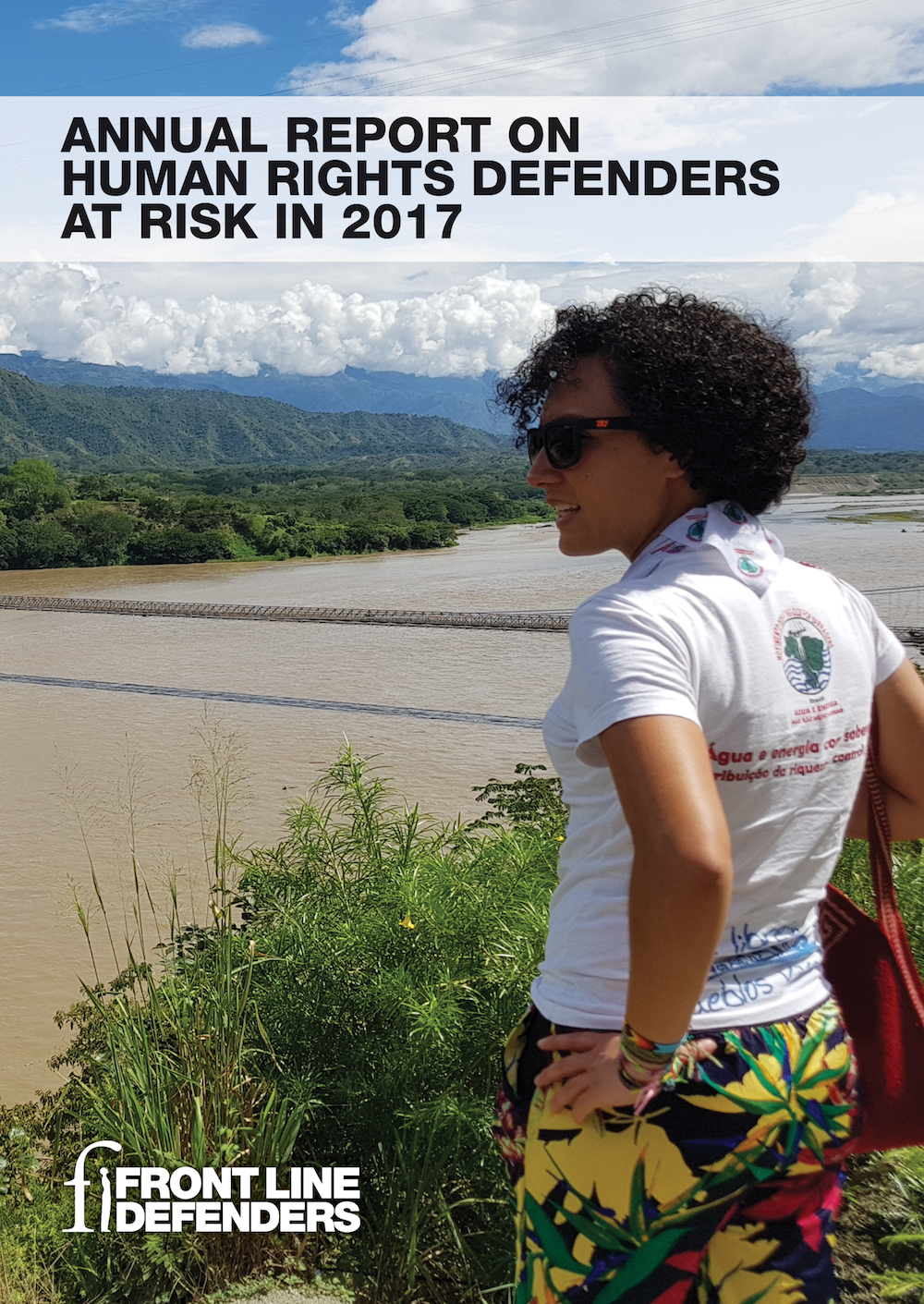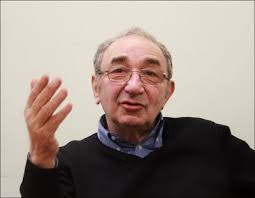
UDEFEGUA empezó a denunciar los procesos de criminalización a partir del año 2004, cuando el fenómeno que estaba, previamente, asociado con el abuso del delito de Usurpación Agravada en contra del movimiento campesino tiene un cambio substantivo tanto en sus modalidades como en el objetivo de su actuar.
Entre el 2004-2005 empieza a emerger de nuevo la figura penal de terrorismo y asociación ilícita tanto en las denuncias judiciales no fundamentadas como en las acciones públicas de difamación. Eso destapa una nueva dinámica de criminalización que se extiende como un cáncer a toda expresión de defensa de derechos humanos y libertades fundamentales. En los últimos años, la denuncia permanente de diversos movimientos sociales, organizaciones y defensores/as de derechos humanos ha permeado tanto las actividades nacionales e internacionales de denuncia de la situación guatemalteca.
La criminalización ha retado también a UDEFEGUA no sólo como víctima del proceso sino como organización que atiende a personas y organizaciones criminalizadas. Desde el 2004 a la fecha hemos intentado mantener un registro de un fenómeno que no se acota en el espacio y en el tiempo sino que permanece como una agresión constante similar a la de la desaparición forzada.
Asimismo, hemos tratado de denunciar los mecanismos pseudo – legales utilizados para mantener a una persona en proceso penal de forma indefinida. Hemos visto como el fenómeno no se detiene con la denuncia, sino muchas veces se profundiza como es el caso de los policías que denuncian penalmente a la ciudadanía antes de que estos, en acciones valerosas, puedan denunciar los vejámenes en su contra.
De esa cuenta, cuando observamos en las audiencias públicas de la Comisión Interamericana que los números de defensores y defensoras de derechos humanos criminalizados variaban mucho entre los denunciantes y que el estatus del criminalizado era poco claro, decidimos realizar una sistematización y actualización de los casos denunciados ante UDEFEGUA entre el año 2012 al 2017.
La sistematización genera un número alarmante de personas criminalizadas pero también vuelve a arrojarnos la dificultad que existe para actualizar la situación legal de las personas. A diferencia de otras sistematizaciones, la impunidad en torno a la criminalización se empieza a romper con algunas sentencias o decisiones judiciales que absuelven a los defensores y defensoras de derechos humanos. Sin embargo, a pesar de la claridad de los tribunales y juzgados de llamar a que se detenga la práctica, encontramos que el Ministerio Público sigue utilizando esa herramienta y una buena parte de Jueces siguen privilegiándola como respuesta ante la defensa de derechos humanos.
Un caso paradigmático es el de Abelino Chub Caal quien fuera acusado por hechos ocurridos en una comunidad cuando él no se encontraba en el lugar y que fuera individualizado por su labor de mediación en varios conflictos territoriales en El Estor, Izabal. La acción fiscal y judicial inicial le colocan en prisión preventiva y con un proceso de investigación abierto en su contra. La Fiscalía General interviene para garantizar una investigación imparcial a través del cambio de fiscalía que conoce el caso. La investigación establece, al momento de la acusación, que no hay hechos que incriminen al defensor en delito alguno. El juez decide no aceptar la posición fiscal y ordena ampliación de investigación y sostiene la prisión preventiva bajo el argumento de que así se evita que belino Chub ‘organice más invasiones a fincas’. La ruptura de la imparcialidad del juez permite el traslado del caso a otro juzgado; sin embargo, el tiempo pasa y Abelino sigue preso.
La sistematización arroja que situaciones similares han sido enfrentadas por varios defensores y defensoras de derechos humanos mientras purgan prisión preventiva; y, en su mayoría, es la situación que enfrentan la mayor parte de denunciados como consecuencia de su labor como defensores y defensoras de derechos humanos.


